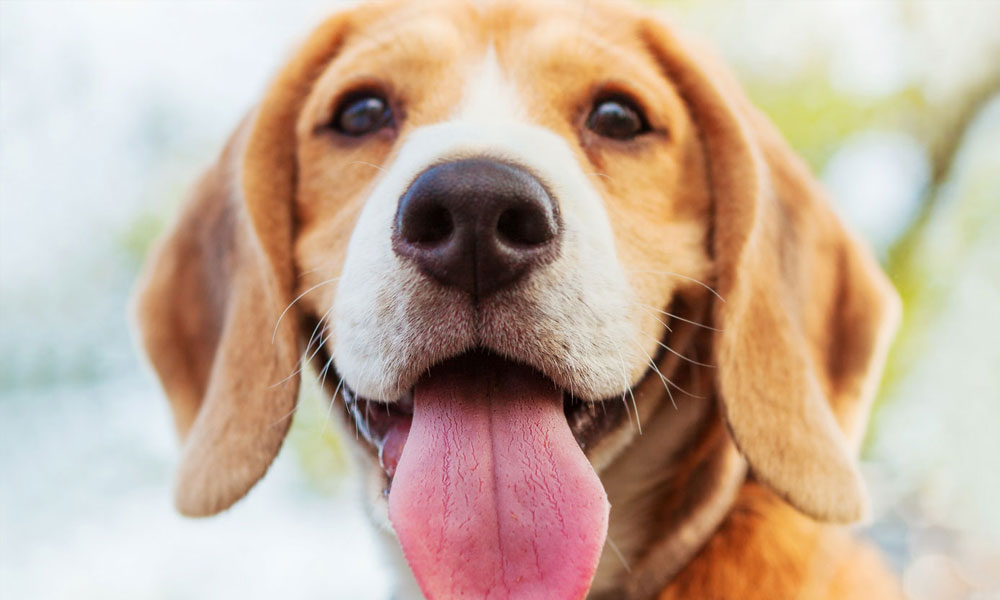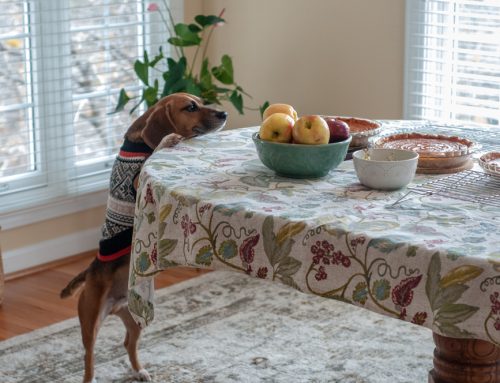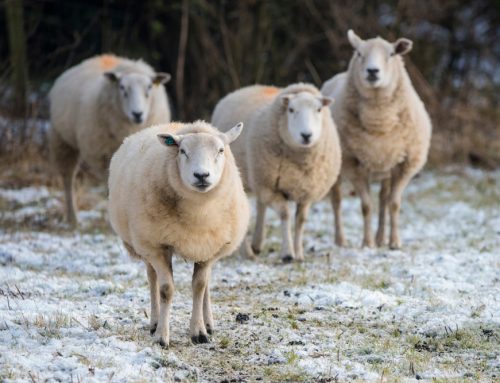It’s the holidays and with that always comes an influx of new puppies and kittens. Puppies and kittens, like all baby animals including humans, need a series of vaccinations that will prevent them from getting major diseases. In puppies we are most worried about distemper and parvo which can be deadly. In kittens we worry most about feline distemper and feline leukemia. So why do we have to give a series of vaccinations by age, why won’t just one or two shots work?
To understand this, we first must understand how vaccinations work in the first place.
When you or your pet is first exposed to invaders such as viruses or bacteria our white blood cells respond by making antibodies to fight the invaders. These antibodies will fight off the current infection and help to prevent future infections. However, the FIRST time your body or your pet’s body is exposed to a particular invader it may take several days for the body to build up a protective antibody response. With fast acting diseases like parvo virus, your puppy may not have time to build up a response before he gets sick or even dies
Vaccines are made of weakened or dead viruses or bacteria that have been proven to stimulate your pet’s immune system without causing disease. When the body is exposed to the vaccine, the white blood cells build a response and they remember that organism. If your puppy or kitten is later exposed to the real thing, the white blood cells are ready and can quickly respond.
So why do we have to vaccinate young animals more than once? That is due to a little thing called maternal immunity.
Maternal immunity is the level of response to invaders that is passed to the newborn by its mother. If the mother passes a strong protective response to the puppy or kitten, then that baby’s immune system won’t develop its own response to invaders until momma’s immunity wears off. The baby’s white blood cells won’t recognize invaders and develop that memory of them even with vaccines.
Unfortunately, we have no way of knowing when mom’s immunity will wear off. A puppy (we will call him Puppy A) could have a high level of mom’s immunity at 6 weeks and not respond at all to the vaccine, but another puppy in the same litter (Puppy B) may have a very low level and respond well to the vaccine. If this litter of puppies had not been vaccinated at 6 weeks but had been exposed to Parvo, Puppy A (the one with mom’s immunity) would have possibly gotten ill but only mildly, where as Puppy B (the one without mom’s immunity) could have gotten deathly ill.
A puppy or kitten may carry mom’s immunity up to 6 months, but they can lose it any time from 5 weeks until 5-6 months. By 5- 6 months of age most dogs have lost any maternal immunity they may have had. Since we don’t know when a puppy or kitten looses maternal immunity we don’t know when they are going to be able to respond to our vaccines. That is why we vaccinate on a monthly basis until 4 months. After that they need a final shot or post vaccination titer test (to check for previous response) at 5-6 months of age.
In future blogs I will discuss titer testing and how Sale Creek Veterinary Services has gone to 2 or 3 year vaccines for most things in order to prevent over vaccinating. Check back later for these blogs







Leave A Comment